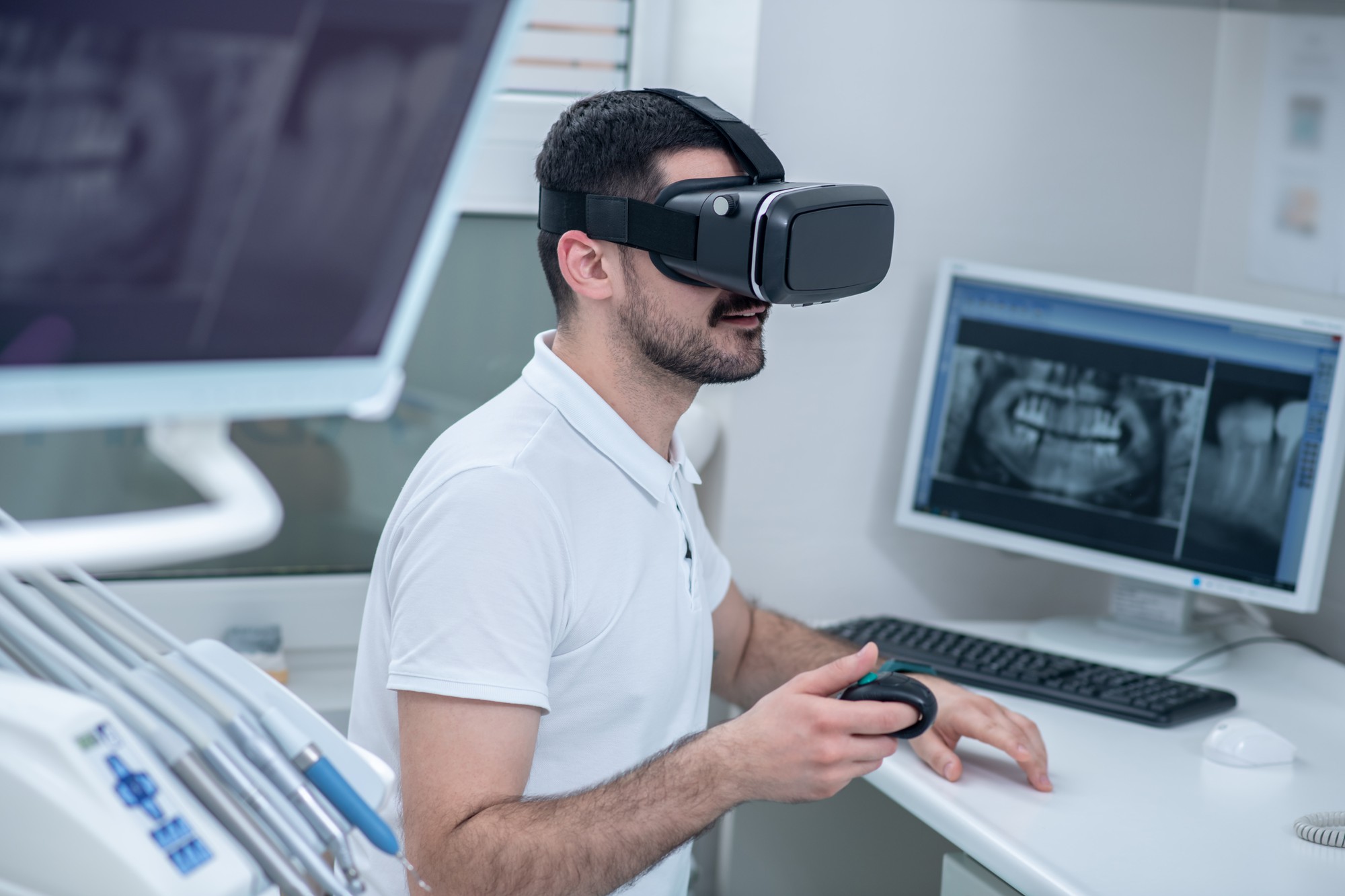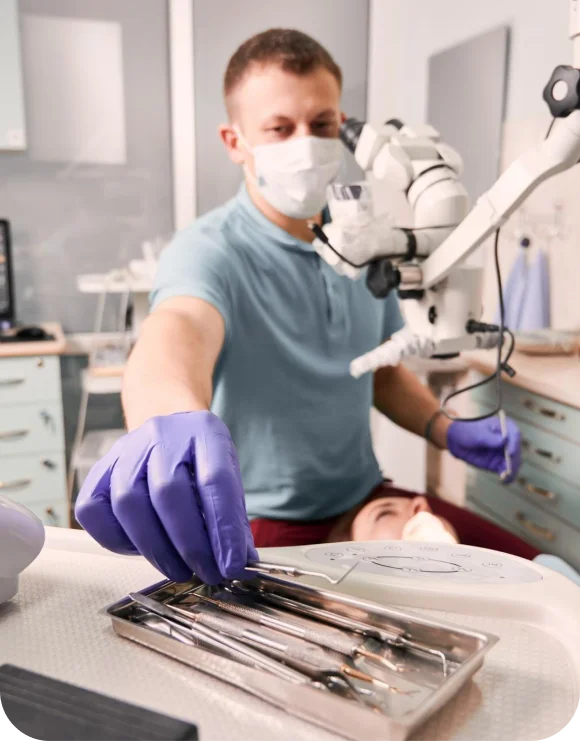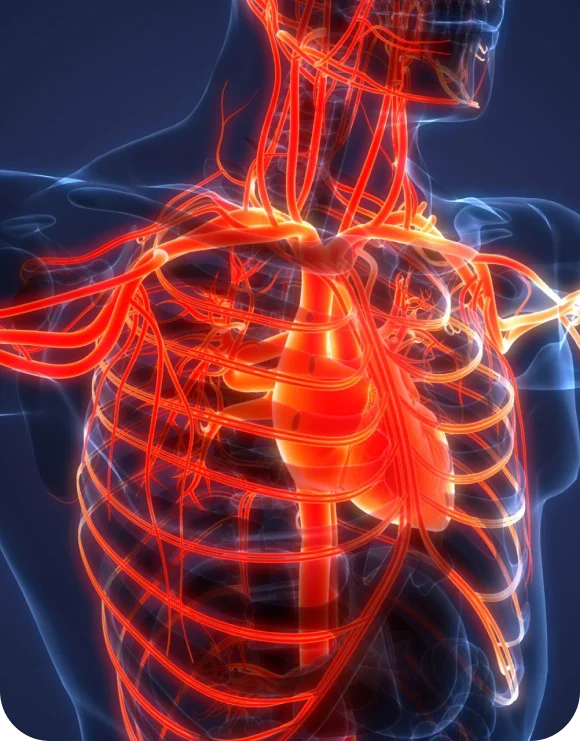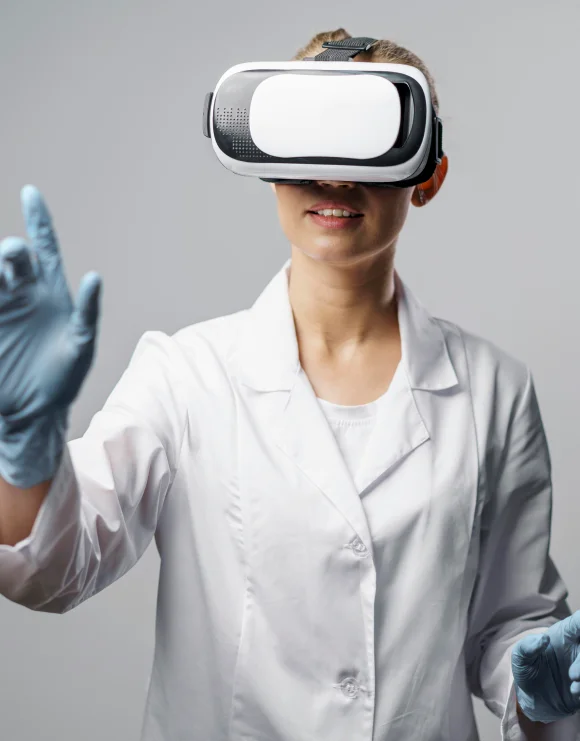Virtual Reality Enhances Teamwork and Training
A new study has recently yielded an original Virtual and Interprofessional Objective Structured Clinical Examination (viOSCE)—a novel tool for increasing teamwork and cooperation among dental and dental technology students. This approach hinges on the application of virtual reality (VR) to assess interprofessional education (IPE) effects objectively and stimulate interprofessional collaborative practice (IPCP) efforts.

Innovative Digital Training Enhances Dental Students' Competency in Removable Partial Denture Design
A groundbreaking study conducted at the Stomatology College of Chongqing Medical University has unveiled the effectiveness of innovative digital training methods in dental education, particularly focusing on Removable Partial Denture (RPD) design. Traditional training methods have long faced challenges in adequately preparing dental students for RPD design. In response, researchers investigated the potential of a virtual 3D simulation-based training module compared to conventional methods.

Enhancing Surgical Preoperative Planning Through VR-Based 3D Organ Visualization
The assurance of successful surgery depends on surgeons being able to establish spatial connections between anatomical and pathological structures mentally. Additionally, preoperative planning of surgery procedures highly depends on computer assistance. Various planning software solutions were introduced to support surgeons in preoperative planning. Surgeons use these to mentally reconstruct the internal representation of a body part and build spatial relationships with the particular patient. This task can be challenging even for well-trained surgeons. A 3D organ visualization can provide substantial support for such actions. Several possibilities allow for obtaining a 3D model with detailed inner structures, vascular structures, and tumors from the tomographic data.

Participants favored Virtual reality training more than desktop- training for a surgery planning
Virtual reality, often shorthanded as VR, has become mainstream in modern life. Initially, it was used just to enhance the gaming experience, but now it innovates healthcare to improve service providers’ offering and training purposes. VR provides a highly realistic environment and lets trainees be in a two-handed situation. Some other VR benefits are saving time and the ability to receive feedback about how well people are learning.
Due to these and various other factors, VR training is gaining popularity across a wide range of corporate entities, spanning from retail and manufacturing to healthcare and beyond. In a very recent cross-study published in “JMIR Serious Games,” researchers have designed an experiment to investigate the benefits of virtual reality training for oral maxillofacial surgery.

